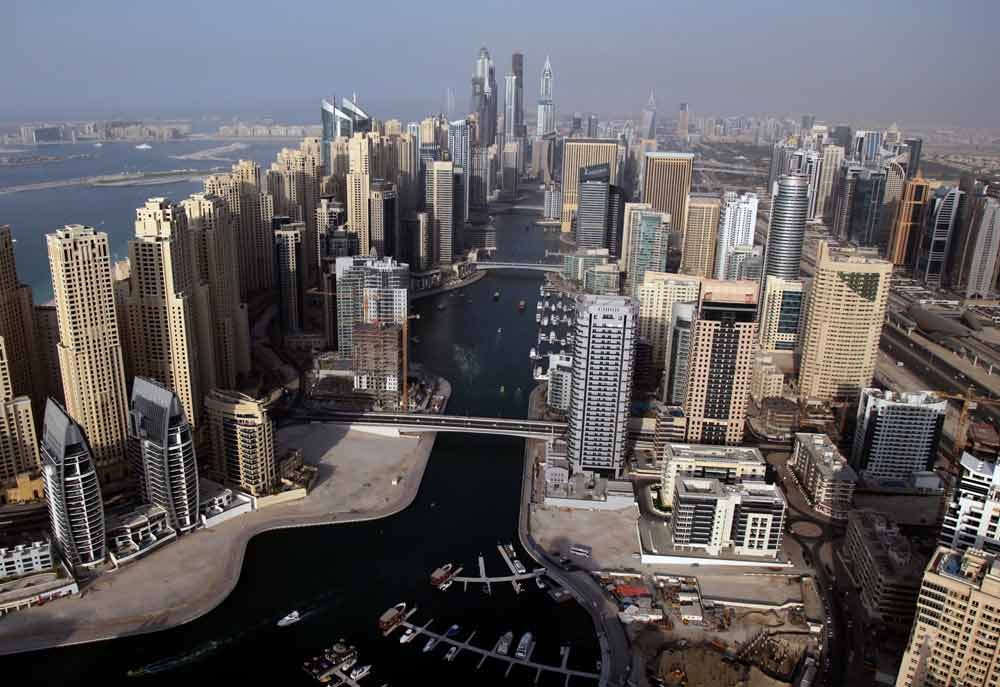A new DTCM initiative to reduce the hospitality industry’s carbon footprint is set to launch in Dubai as the sector targets greater environmental sustainability.
Speaking to The National, the Department of Tourism and Commerce Marketing (DTCM) executive director Yousef Lootah said there was a “very holistic plan to control the effect we have on Dubai, on emissions, anything that affects the environment”.
With 300 hotels in the pipeline to open before 2020, adding to approximately 700 hotels currently operating in Dubai, the environmental impact of the sector from natural resource usage is set to rise.
Ideas being developed and implemented by DTCM include better alternative energy sources such as solar power, greener transport such as electric vehicles, better waste management and recycling systems and making greater use of locally sourced food supplies.

| Advertisement |
“The green tourism plan takes into consideration what is needed to be done pro-actively to make an impact that sticks,” Lootah added.
With plans to host 20 million tourists a year by 2020, the importance of having strong environmental measures in place is greater than ever, with Lootah suggesting education is key.
“It’s very important, especially for unskilled people in the industry who are not aware of the impact their actions. Above that, managers and decision makers they need some education about sustainability,” he said.
“Before it’s been seen as something ‘nice to have’ but it should be the way we conduct ourselves and do business in the future.
There’s no two ways about it. We need to do this responsibly. The first thing is training and education.”
DTCM is devising a “tool kit” for hotels to train staff on sustainability issues, and discussions are under way between Dewa and Dubai Municipality to ensure all bases are covered, said Lootah.
“If in the past people didn’t pay attention to it, that’s changed and will continue to change as we make the green programme more embedded into the way hotels operate.”
The Kempinski Hotel Ajman currently saves US$1,360 (AED5,000) a day by recycling water for irrigation. A solar panel installation to heat water saves $5,445 (AED20,000) a month in diesel costs.
Kushwaha says that the fuel is one of the biggest factors affecting carbon footprint: “A DTCM policy making many things compulsory, such as solar heating and the use of LED lighting, is good and will help reduce the damage being done by the industry.
It’s important that there is both regulation and implementation. People will say these things aren’t feasible otherwise, but this makes it impossible not to comply.”









 Search our database of more than 2,700 industry companies
Search our database of more than 2,700 industry companies









